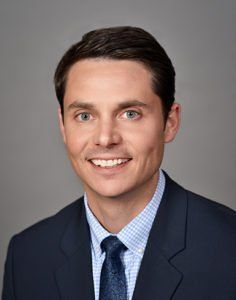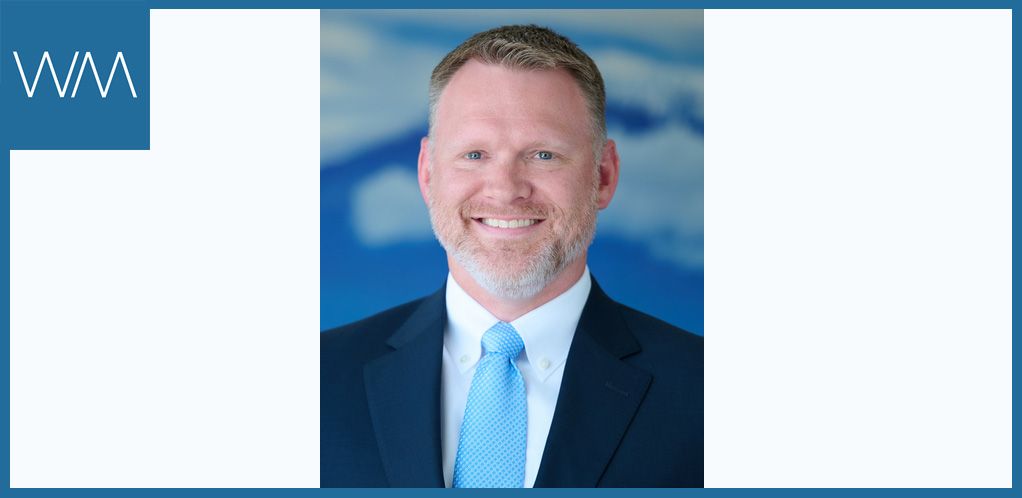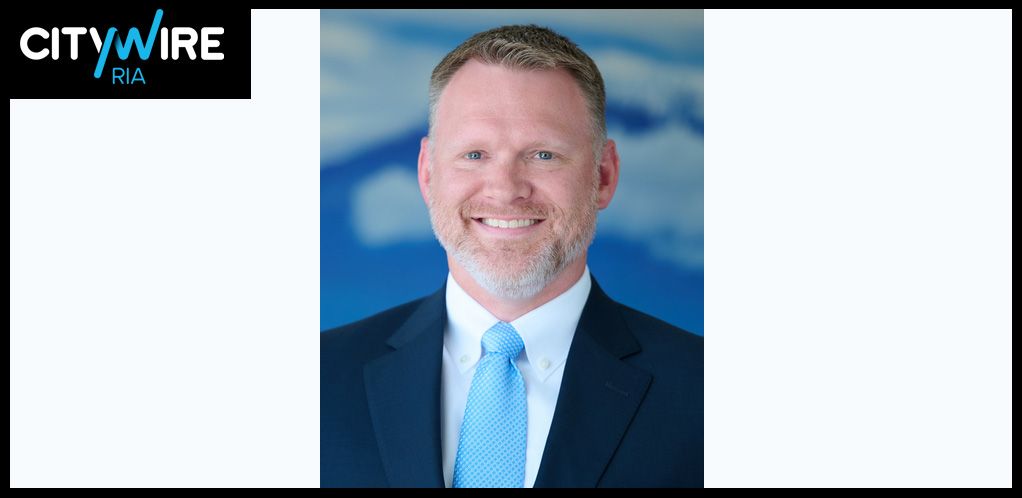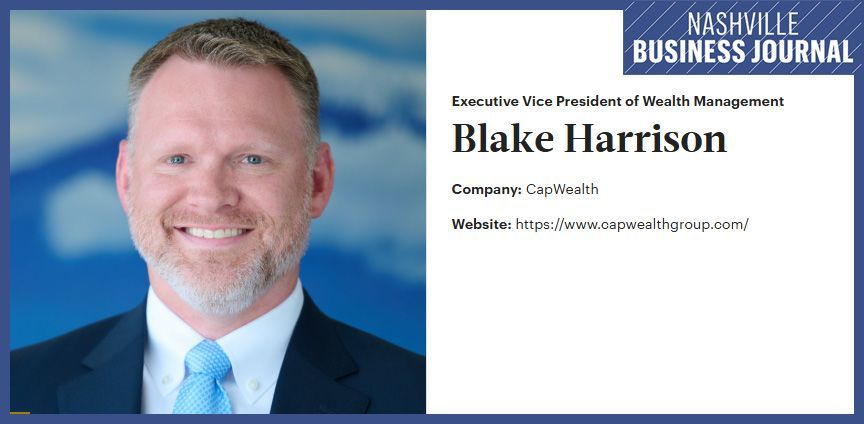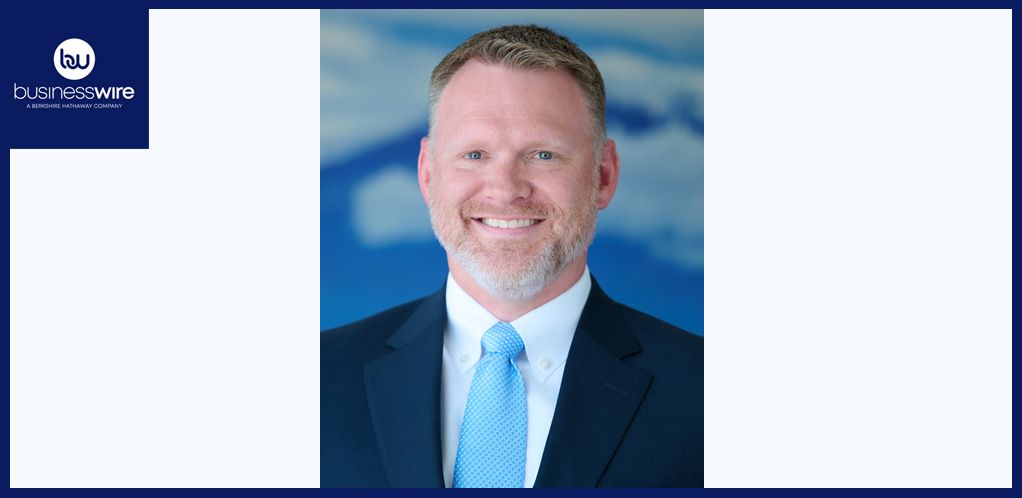Connecting to ‘Future Self’ can Positively Impact Health, Financial Choices in Long Run
March 10, 2019
There is tremendous value in establishing a connection between your current self and your future self. That’s the implication from a recent study out of the Columbia Business School.
The idea is that the more connected we feel to our future selves, the more we appreciate that some behaviors, even though they have a minimal short-term impact, can be monumental in the long term.
n the study, researchers asked participants to write a letter to themselves, 20 years in the future. They were encouraged to think about who they would like to be, what topics they would deem important, what activities they would like to be doing, and how they broadly envision their life.
The impetus of the study was to encourage healthier habits. If you feel more connected to your future self, you are more inclined to take care of your body today. The skipped workout or the extra donut may not have any immediate impact, but over time, these choices will influence your future self’s quality of life.
What is powerful about this study is that it forces you to consider the long-reaching implications of decisions made today. More importantly, it applies the ramifications of those decisions directly upon your future self. This is an incredible motivational tool. Participants in the study were 1.43 times more likely to exercise and, on average, exercised 1.40 times longer than non-participants. After all, they were improving the quality of
their future life!
While the study was health-focused, there are clear self-improvement takeaways for business, investing, personal relationships, and broader skill development.
Futuristic thinking is a powerful tool in developing a financial plan. Currently, several advisors incorporate sophisticated planning tools and software in order to calculate the likelihood that a client will “have enough” in retirement. Assumptions (savings rate, time to retirement, monthly income, etc.) are tweaked until their “likelihood for success” is maximized. This is a valuable exercise, but it often misses the emotional connection necessary to drive meaningful changes in behavior.
A financial plan is just numbers on a screen, but through the power of self-continuity, those numbers are transformed into the activities and quality of life that you will enjoy in retirement. Saving for the future is no longer an obligation, but rather an investment in your future self. It may sound ridiculous, but creating emotional connections is a critical element in changing and improving behavior.
Baseball great Mickey Mantle famously said, “If I knew I was going to live this long, I’d have taken better care of myself.” Having lost several men in his family at a young age, Mickey couldn’t imagine living into his 50s or 60s. His inability to visualize a prosperous future drove poor health and financial decisions throughout his life.
The point is simple: decisions made today can have a long-term impact. The more in tune we are with our future self, the better decisions we might make today in order to ensure a happier and healthier tomorrow.
While abstract, picturing yourself physically walking in your own shoes 20 years from now is a powerful exercise. What can you do today to help ensure that you have a bounce in your step and a bit more wisdom?
- Maximize contributions to your retirement plan in order to receive the full employer match.
- Take the stairs instead of the elevator every chance you can.
- Learn something new on a daily basis. You can do this through signing up for a daily email newsletter, listening to a podcast, or taking a walk in a new spot on your lunch break.
John Lueken is the executive vice president and chief investment strategist at CapWealth. This article was published in The Tennessean on March 10, 2019.





